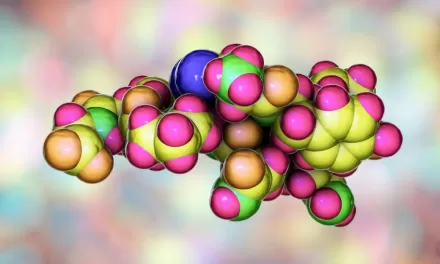Kangra, August 7, 2024 — In a significant advancement for hypertension treatment, a new study published in The American Journal of Medicine emphasizes the critical role of fruits and vegetables in managing high blood pressure and improving cardiovascular and kidney health. This five-year interventional randomized control trial provides robust evidence supporting the Dietary Approaches to Stop Hypertension (DASH) diet, which is rich in fruits and vegetables.
Despite advancements in pharmacological treatments, hypertension-related chronic kidney disease and cardiovascular mortality rates continue to rise, with heart disease remaining the leading cause of death among chronic kidney disease patients. The DASH diet has long been recommended as a primary treatment for hypertension, yet it remains under-prescribed and under-implemented.
Dr. Donald E. Wesson from Dell Medical School, The University of Texas, explained the study’s basis: “Our patient studies showed that an acid-producing diet (high in animal products) is harmful to kidneys, while a base-producing diet (high in fruits and vegetables) is beneficial. We hypothesized that fruits and vegetables are both kidney- and heart-healthy because they reduce dietary acid.”
The study included hypertensive patients with macroalbuminuria, a marker indicating chronic kidney disease and cardiovascular risk. Participants were divided into three groups: one group added 2-4 cups of fruits and vegetables to their daily diet, another took sodium bicarbonate (NaHCO3) tablets, and a control group received standard medical care.
The findings were striking. Both the fruit and vegetable group and the sodium bicarbonate group showed improved kidney health. However, only the group consuming more fruits and vegetables experienced reduced blood pressure and a decreased risk of cardiovascular disease. Dr. Maninder Kahlon, a co-investigator in the study, noted, “Fruits and vegetables achieved these benefits with lower doses of medication, supporting their use as a foundational treatment for hypertension.”
Dr. Wesson emphasized the importance of dietary interventions in chronic disease management, stating, “We must increase efforts to incorporate healthy diets into patient management and make them more accessible to at-risk populations.”
This study reinforces the critical need to prioritize dietary changes in hypertension management, potentially transforming patient care and outcomes by making fruits and vegetables a cornerstone of treatment strategies.











